Resolution #182
 |
The questions of ethical lithium and cobalt mining |
| Committee: Ecology And Environment | |
| Main Submitter: USA | |
| Submitted: 01/04/2022 20:14 |
| Status |
|---|
| Passed cosubmitter sheet validation |
| Approved by approval panel |
| Selected for debate by secretariat |
| Passed by committee (Ecology And Environment) |
| Chosen for debate in General Assembly |
| Awaiting debate in General Assembly |
Committee Voting
| For: | 31 |
| Against: | 4 |
| Abstentions: | 1 |
Options
Co-submitters
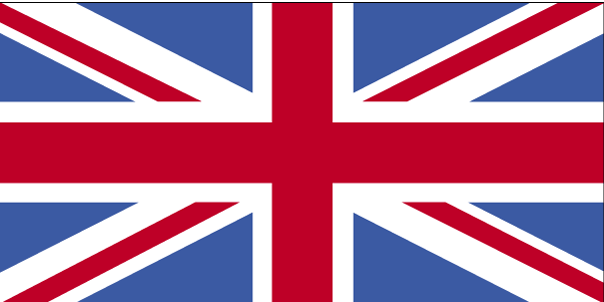 | UK |
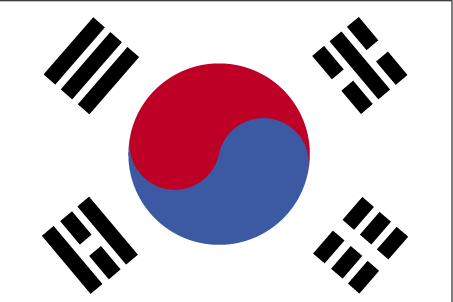 | South Korea |
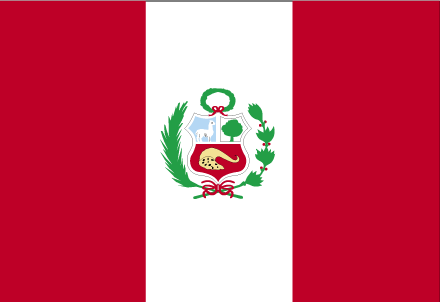 | Peru |
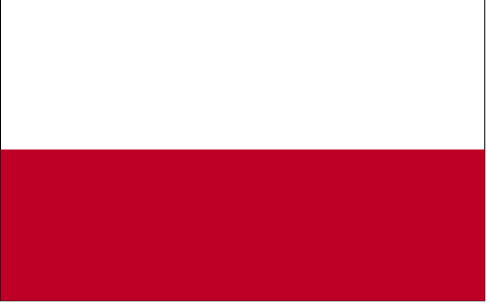 | Poland |
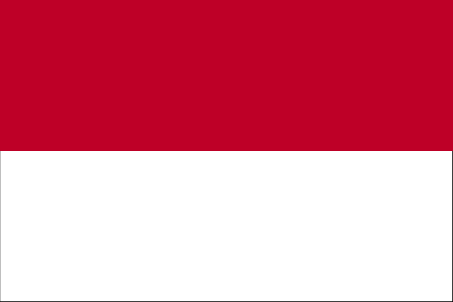 | Monaco |
Resolution
FORUM: Ecology and Environment
QUESTION OF: Ethical Lithium and Cobalt Mining
SUBMITTED BY: USA
CO-SUBMITTERS: UK, Poland, South Korea, Peru, Monaco
Recognizes that 2.2 million liters of water are needed to produce 1 tonne of lithium, which can contribute to droughts and desertification in areas surrounding these mines,
Aware the average electric vehicle requires 63kg of lithium carbonate per vehicle,
Realizes electric car sales are expected to accumulate 60% of all car sales by 2030,
Emphasizing that water loss, ground destabilization, biodiversity loss, increase salinity of rivers, contaminated soil and toxic waste are common side effects associated with lithium mining,
Alarmed that there has been a large recording of high miscarriage rates, stillbirths and deformities among newborns in Congo whose fathers work in cobalt mines,
Conscious waste from mining contributes to polluted rivers and drinking water of local villages and areas,
Further alarmed at the lack of regulation in many cobalt mines, particularly in the Democratic Republic of the Congo,
Further recognizes the severe health issues that working with cobalt, or living near a cobalt mine has, examples being, breathing in dust particles can cause long term health problems as recorded by the WHO,
Expressing the sophisticated supply chain in buying and selling cobalt, which allows denial and lack of accountability,
Acknowledges the two different types of lithium extraction, one from evaporation and one from mining, and noting both of their individual destructive environmental costs,
Defining Urban Mining as the process of reclaiming raw materials from spent products, buildings and waste.
1. Recommends the creation of a new UN Precious Resources Sub Body (UNPRSB) supported by relevant NGOs to oversee the implementation and funding of but limited to:
a. independent human rights monitoring within and between the various cobalt mining facilities by qualified UN-hired investigators sourced locally and internationally, to ensure safety of equipment and structure of mines, fair wages and the absence of children in the workplace,
b. resourcing and screening local justice officials to provide protection from exploitation and abuse for workers in the workplace, with special focus on women, and to also ensure that no misconduct happens between high ranking government officials and corporations,
c. oversee a general primary education education programme to children up to twelve living in affected areas, and provide further incentives to families through additional resources to compensate for their children attending schools,
d. implementation of schemes to deliver equipment necessary for safe mining;
2. Calls for the support of vulnerable children and adults in the cobalt and lithium sectors by:
a. providing the opportunity for non-governmental organisations such as the Good Shepard access to medical aid and funding through a new UN scheme titled the Mine Victims Protection Fund,
b. Making rehabilitation and psychotherapy services available for victims of abuse by funding professionals and NGO's with the relevant education and medical equipment,
c. Providing additional monetary support through the UNPRSB to workers who were made unable to support work as a result of working in lithium cobalt or mines due to abuse, injury or a human rights violation,
3. .Suggests the implementation of measures by major benefitting corporations to ensure there is no child labour in their supply chains such as but not limited to:
a. requiring all suppliers, and their suppliers, to provide independent third party-issued certification that they do not utilize child labor,
b. using supply chain software to both track raw materials and components from the point of origin and to validate suppliers' declarations, to ensure transparency throughout the supply chain, and where possible partnering with governments and local communities to do so, and using the same technology that manages global supply chains to track, certify and verify that their materials and components were not harvested, mined or manufactured by child labor,
c. developing possible alternative sources for raw materials to prevent relying on a single source which may turn out to be participating in the exploitation of children and workers,
d. funding further research into the economic, environmental and medical impacts of lithium and cobalt mining, and supplying and presenting up-to-date reports on said issues to the sub-body, so they may recognize where further action must be taken in the future;
4. Calls for the evaluation of alternative mining techniques by promoting the process of urban mining and taking special efforts to decrease the amount of underground mining, by introducing new laws and regulations to improve recycling, thus, reducing the rough side effects of underground mining itself;
5. Further suggests the UNPRSB form a relationship with the 'Lithium Triangle', Bolivia, Argentina and Chile and Cobalt mines in the DRC, in order to provide aid in Research and Development centers to focus on more sustainable methods of Lithium and cobalt extraction, and to provide chances for Indigenous populations to speak on issues related to lithium mining, by:
a. obtaining lithium from brines by condensing evaporated water so it can later be returned to the ground, or extracting lithium directly out of the brine using membranes, thus avoiding water- intensive evaporation, and any such discovered methods that are less water-intensive and use less harsh extraction methods,
b. reaching out to the Indigenous populations of the above-mentioned countries by the Sub body in conjunction with relevant governments, and providing the opportunity for meetings with indigenous people for both guidance and collaboration with them,
c. funding further research into the economic and environmental impacts of lithium mining in the above-mentioned countries, and supplying and presenting up-to-date reports on said issues to the sub-body, so they may recognize where further action must be taken in the future,
d. funding the construction of desalination plants along the coasts of lithium triangle countries in order to supply countries with adequate levels of water to conduct lithium extraction on salt flats,
e. further funding research into other metals which efficiently and sustainably replace lithium and cobalt while still maintaining the demand, supply and quality of these metals;
6. Further calls for the creation of a mass media campaign to educate global communities through billboards, social media and biodegradeable leaflets in order to, but not limited to:
a. educating people about possible health defects that could be caused by cobalt in their bloodstream,
b. informing mine workers of their rights and how to get help if they feel they are not being met,
c. teach people about the torture of child labour in mines,
d. educating people about the importance of environmental law.